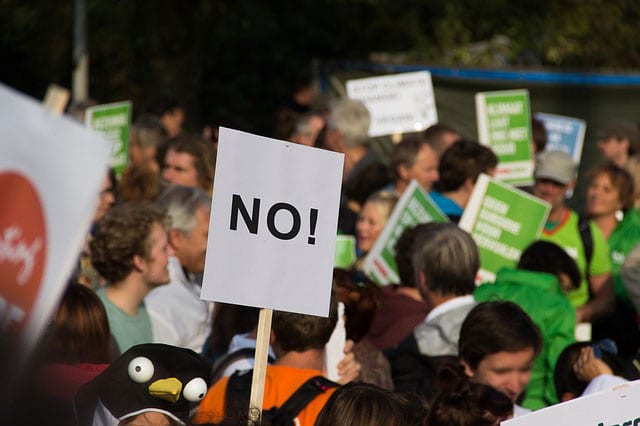Amidst the hype leading up to the first head-to-head American Presidential debate with Trump vs. Clinton, the topic of Venezuela’s drug shortage of aplastic anemia drugs wasn’t mentioned.
But having just returned from South America myself on a business trip, I became keenly aware how vastly different things are if you live in a poorer country. Then after a little more thought, I began to realize that the United States has had shortages of treatments, although rare. As an American learning that thousands of sick patients have nothing, debating over the pros and cons of Obamacare, who’s entitled, who should be paying—and how much—makes me want to head to the street in protest!

[Source: Pixabay.com]
Uh, not so fast. In Caracas, people can’t get access to the drugs needed to treat their diseases because they aren’t available. People with high blood pressure are stroking out, people with multiple sclerosis attacks are suffering, and people with aplastic anemia are needlessly dying. They are driven to the black market to purchase drugs that are not in tamper-resistant packaging. Hell, sometimes, there IS NO PACKAGING! Seems like only the wealthy are able to buy treatments via the Internet or by travelling to other countries.
Think it couldn’t happen in the good old USA? Hmm… What about the fiasco with the EpiPen that’s risen 400% in over 10 years? Who has access to those? Uh… only people who can afford it.
Something has got to change here in the States and across the globe!


